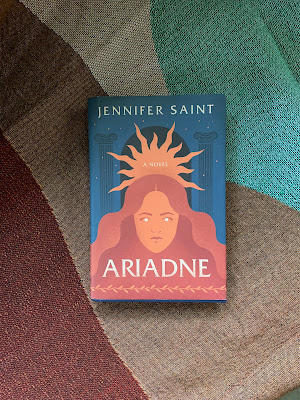A Lover's Discourse: Fragments
by Roland Barthes, translated by Richard Howard
Admittedly, this is the kind of book that I will quickly chuck for its verbosity. I’ve always thought books like this – those that use hemorrhagic and florid words – were written more for the purpose of exhibiting the author’s unparalleled vocabulary more than anything. But for some reason, I hung on to this one. I stayed with it, and it stayed with me. Willingly.
*
Language is a skin: I rub my language against the other. It is as if I had words instead of fingers, or fingers at the tip of my words. My language trembles with desire. The emotion derives from a double contact: on the one hand, a whole activity of discourse discreetly, indirectly focuses upon a single signified, which is "I desire you," and releases, nourishes, ramifies it to the point of explosion (language experiences orgasm upon touching itself); on the other hand, I enwrap the other in my words, I caress, brush against, talk up this contact, I extend myself to make the commentary to which I submit the relation endure.
*
These fragments are the marriage of love and theory – love theorized. Barthes’ brilliance is beyond cavil. I should have picked it up after Jeffrey Eugenides paid tribute to it through Madeleine in The Marriage Plot, and why I didn’t now escapes me.
Barthes assigns names to people, places and things which he makes use of throughout the book. “The other” or the "amorous subject" is the loved one, the subject of the speaker’s affections. “Amorous desire” is the feeling of love from speaker to “the other.” The speaker is alternately male and female. And while Barthes cites references constantly, it won’t matter that you haven’t a clue what it is – who the hell is Goethe? – focus on the text, on the fragments, and it will make perfect sense.
*
How does a love end?-- Then it does end? To tell the truth, no one--except for the othes-- ever knows anything about it; a kind of innocence conceals the end of this thing conceived, asserted, lived according to eternity. Whatever the loved being becomes, whether he vanishes or moves into the realm of Friendship, in any case I never see him disappear; the love which is over and done with passes into another world like a ship into space, lights no longer winking: the loved being once echoed loudly, now that being is entirely without resonance (the other never disappears when and how we expect). This phenomenon results from a constraint in the lover's discourse: I myself cannot (as an enamored subject) construct my love story to the end: I am its poet (its bard) only for the beginning; the end, like my own death, belongs to others; it is up to them to write the fiction, the external, mythic narrative.
*
If you’ve read the relatively recent The Lover’s Dictionary by David Levithan, you will see the similarity in structure. Whether you appreciated The Lover’s Dictionary or not is immaterial, however, because Barthes’ classic masterpiece is a far, far cry from Levithan’s wordplay. Structurally, they both use fragments, of words or phrases explained, but A Lover’s Discourse: Fragments is more meaty and substantial. Reading it requires utmost concentration--you need to open your mind and your heart in order for it to penetrate. Only then will it enthrall you... captivate you.
Recommended to: Angus and Bennard
Book Details: My own, trade paperback, bought at the MIBF 2012
Rating: ★★★★★





Comments
LOUIZE: Let me know what you think! :)